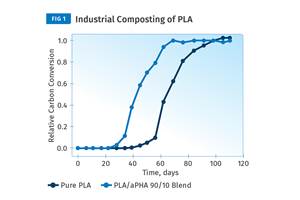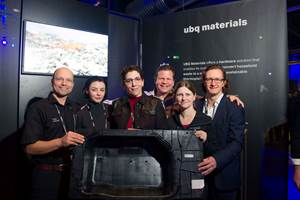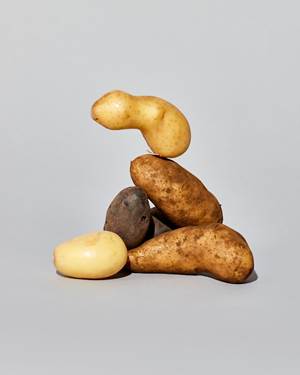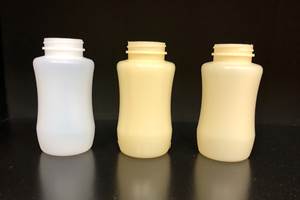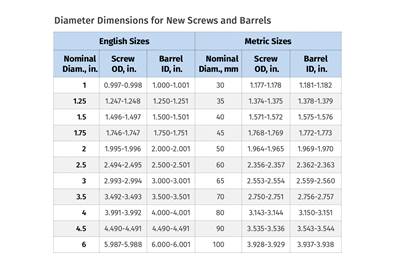"First" Bacteria to Upcycle Single-Use PET Heading to Space
Collaborators at Seed Health, MIT, NREL, Weil Cornell and Harvard have built an autonomous biological system which converts PET to an environmentally-benign “new” plastic.
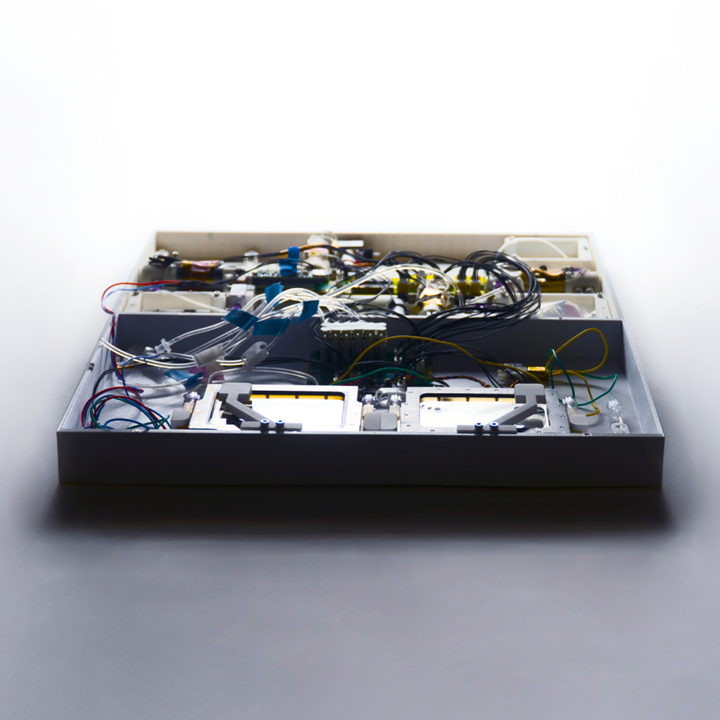
We have reported over the last several years on bacteria-based biodegrable bioplastics with PHA (polyhydroxyalkanoate) the most notable in terms of commercial realization and impact. Recently, we were contacted by Seed Health, a microbiome science company, regarding its new environmental research collaboration with MIT Media Lab Space Exploration Initiative, the National Renewable Energy Laboratory (NREL), Weill Cornell Medicine (WCM) and Harvard Medical School, which will send the first bacteria to upcycle single-use plastic (PET) to the International Space Station (ISS). At the helm, is Seed Health’s environmental division SeedLabs which harnesses the power of microbes to unlock a new method for the degradation, reuse and redesign of plastic that could reimagine the future of waste management—both in spaceflight and on Earth.
Collectively, this project’s team have built the first biological system to upcycle single-use PET into an environmentally-benign ‘new plastic’ via engineered bacteria. The system first introduces PET to a specialized enzyme, which breaks it down into organic compounds, then utilizes the bacterial strain Pseudomonas putida to convert these compounds into β-ketoadipic acid (BKA)—a high-performance nylon monomer which can be formulated into various objects.
The biological system was scheduled for transport to the ISS aboard SpaceX CRS-26 on November 26, 2022, out of Kennedy Space Center. The unique microgravity and radiation at the space station may act as catalysts for sustained, enhanced bioactivity, allowing for more efficient biological upcycling. Moreover, the conditions will allow the researchers to test mechanistic performance following exposure to UV radiation outside of Earth’s atmosphere, in anticipation for changing environmental conditions on Earth and beyond. Once in-orbit, the autonomous system will proceed with the pre-programmed experiment schedule, enabling culturing and data collection without need for human intervention or astronaut resources.
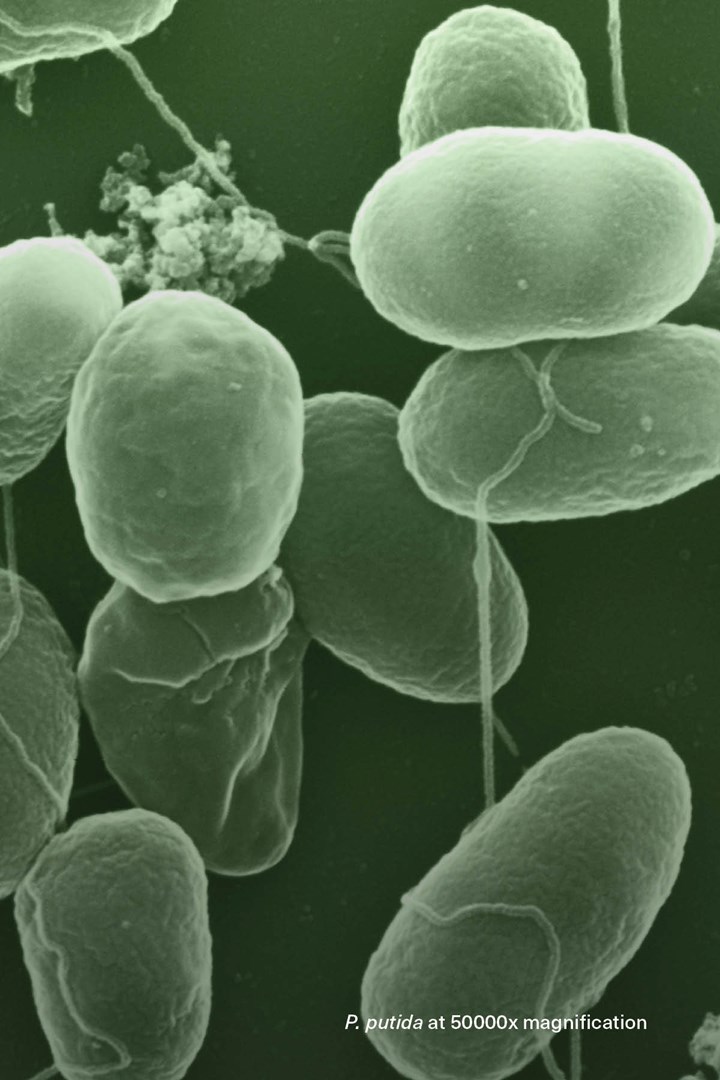
Said NREL biologist Allison Werner, “Microbes have evolved enzymes and catabolic pathways to degrade and catabolize human-made plastics as carbon and energy sources. Our system takes that biological process one step further, microbially upcycling those degraded compounds into a high-performance material for reconfiguration. This empowers us to not only redefine the lifetime of synthetic plastics on Earth, but represents a new frontier for resource utilization in space travel.”
Explained Xin Liu, MIT Space Exploration Initiative Arts Curator, “Microbes’ versatile upcycling capabilities offer a promising tool for the future of space exploration, where In-situ Resource Utilization is crucial for longer and more adaptable manned space missions. We hope our open-source system can present a potential to enable more access to synthetic biology experiments and applications in spaceflight that will ultimately enable resource-sustainability in space travel. More importantly, we must remember that our Earth is also a spaceship –– for us, the importance of this research is not limited to space flight but its benefit for our home planet."
Seed Health Co-CEO and Co-Founder, Raja Dhir, noted that the company was founded on the belief that the application of microbes holds vast potential to solve some of our greatest health and environmental challenges. “It is an honor to collaborate with experts at the forefront of microbial innovation to empower a circular economy for plastic and to imagine a future where ecologies impacted by human activity could recover.” This latest expedition expands Seed Health’s environmental work under SeedLabs, reflecting its commitment to advance microbially-derived solutions for planetary health. Existing SeedLabs initiatives include the development of probiotic innovations for honeybee preservation and coral reef regeneration.
Related Content
Blend Amorphous PHA with PLA to Improve injection Molded Part Properties
Adding aPHA to PLA can boost a range of mechanical properties and expedite composting. Here are the details as well as processing guidelines for injection molding the blends.
Read MoreHonda Now Exploring UBQ’s Biobased Material Made from Unsorted Household Waste
UBQ is aiming to expand its reach for more sustainable automotive parts as well as non-automotive applications.
Read MoreCling Wrap Made from Potato Waste
Australia’s Great Wrap to expand into U.S. with home compostable cling wrap and its refillable dispenser made from recycled PET bottles.
Read MoreHow to Extrusion Blow Mold PHA/PLA Blends
You need to pay attention to the inherent characteristics of biopolymers PHA/PLA materials when setting process parameters to realize better and more consistent outcomes.
Read MoreRead Next
People 4.0 – How to Get Buy-In from Your Staff for Industry 4.0 Systems
Implementing a production monitoring system as the foundation of a ‘smart factory’ is about integrating people with new technology as much as it is about integrating machines and computers. Here are tips from a company that has gone through the process.
Read MoreTroubleshooting Screw and Barrel Wear in Extrusion
Extruder screws and barrels will wear over time. If you are seeing a reduction in specific rate and higher discharge temperatures, wear is the likely culprit.
Read MoreAdvanced Recycling: Beyond Pyrolysis
Consumer-product brand owners increasingly see advanced chemical recycling as a necessary complement to mechanical recycling if they are to meet ambitious goals for a circular economy in the next decade. Dozens of technology providers are developing new technologies to overcome the limitations of existing pyrolysis methods and to commercialize various alternative approaches to chemical recycling of plastics.
Read More



















